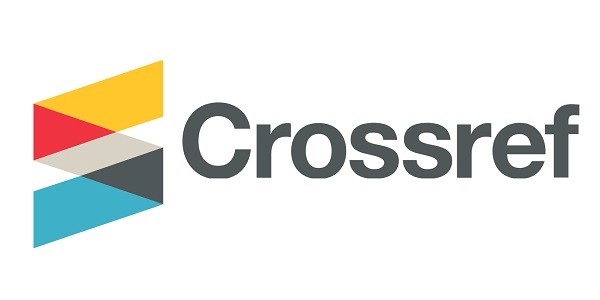Digitalization and e-commerce: opportunities for women's entrepreneurship
DOI:
https://doi.org/10.5281/zenodo.14035535Keywords:
Women's entrepreneurship, digitalization, e-commerce, Theory of Planned Behavior.Abstract
This paper explores the impact of digitalization and e-commerce on women's entrepreneurial intention, drawing on Ajzen's Theory of Planned Behavior. The main objective of this research is to determine the factors that promote or hinder women's intention to engage in digital entrepreneurship. More specifically, the study seeks to understand how perceptions of digitalization influence this intention, while assessing the importance of social support and access to financial and digital resources. Data were collected from 310 Moroccan women from various sociodemographic backgrounds. These participants were surveyed using a structured questionnaire to assess their perception of autonomy, flexibility, social support (family and peers), and their access to digital and financial resources. The study uses a Probit model to analyze the determinants of entrepreneurial intention, due to the binary nature of the dependent variable (intention to start a business or not). The results show that the perception of autonomy and flexibility provided by digital technologies positively influences women's intention to engage in entrepreneurship. Family and social network support emerged as a significant determinant, enhancing women's confidence and motivation. However, access to digital resources did not have a significant effect, indicating that technological skills alone are insufficient. Conversely, access to financial resources is central, highlighting the importance of adequate financial support to foster women's entrepreneurship. These results reinforce the idea that digitalization, accompanied by supportive measures, can become a powerful lever for women's economic empowerment.
Downloads
Published
How to Cite
Issue
Section
License

This work is licensed under a Creative Commons Attribution-NonCommercial-NoDerivatives 4.0 International License.





























